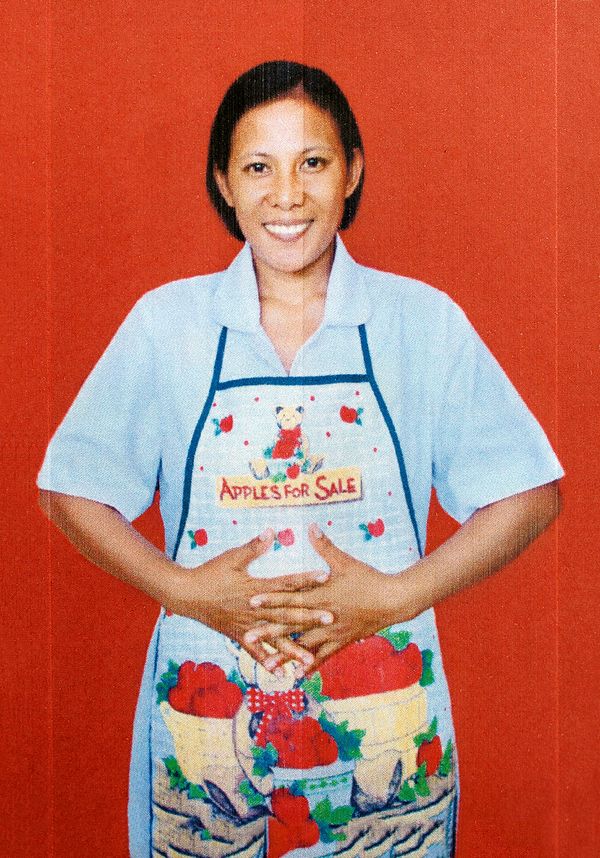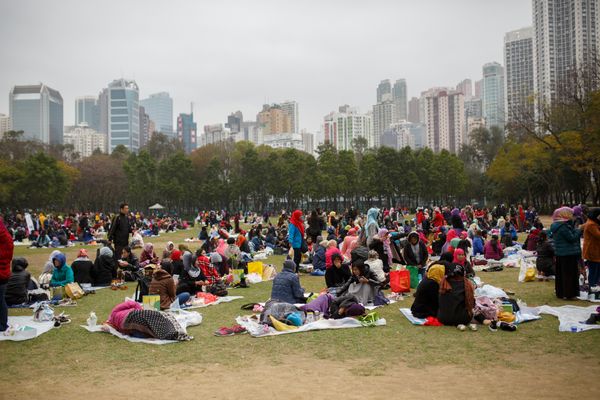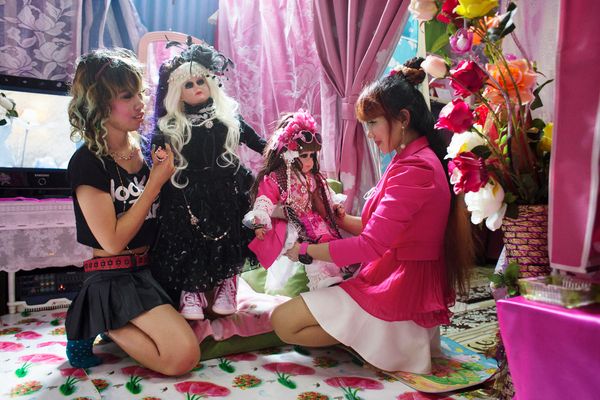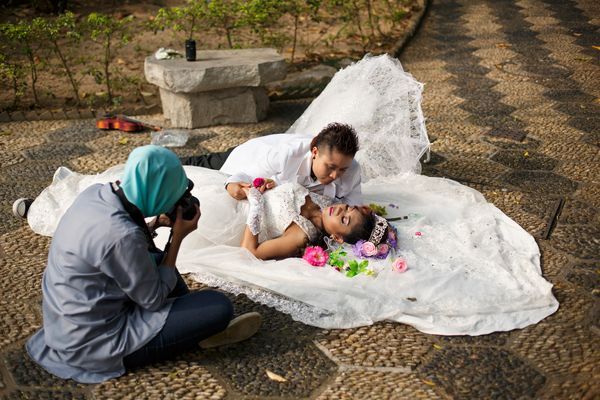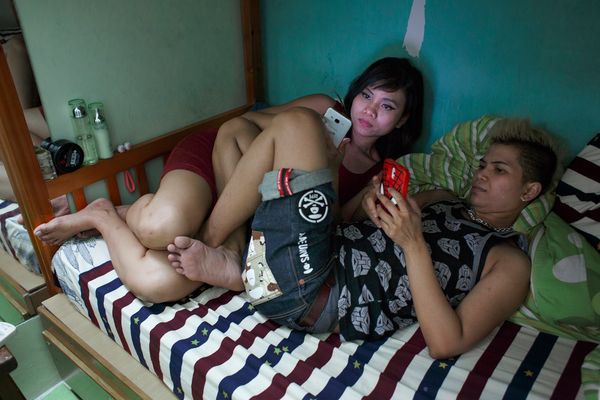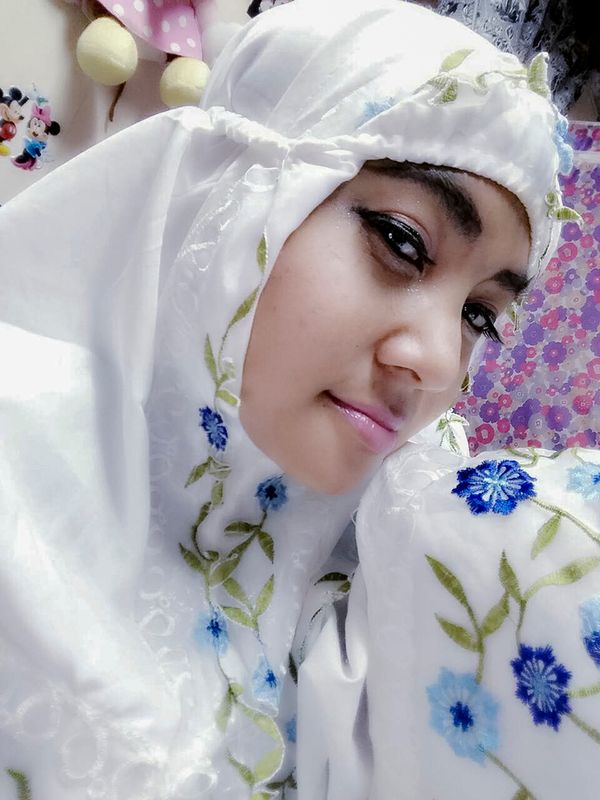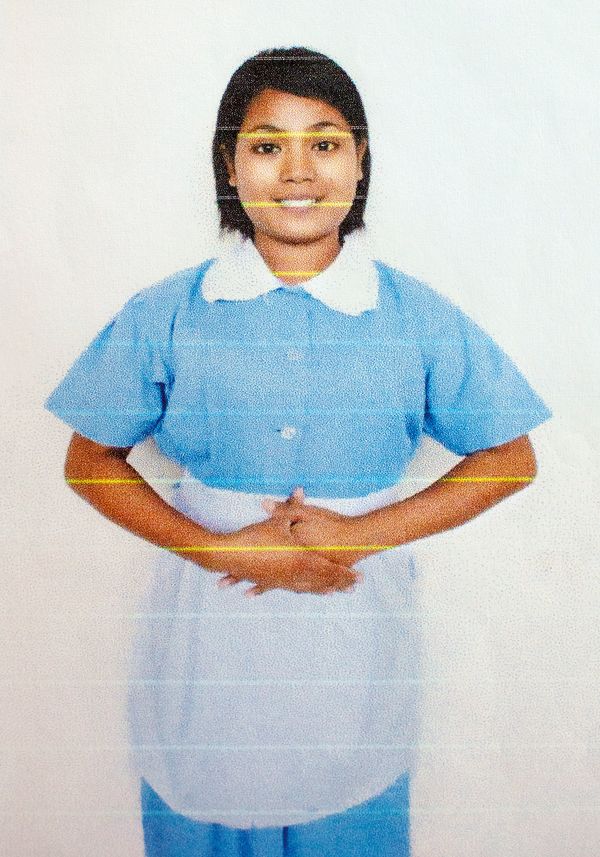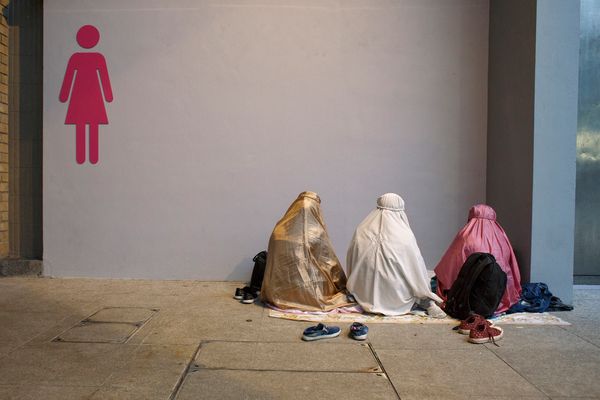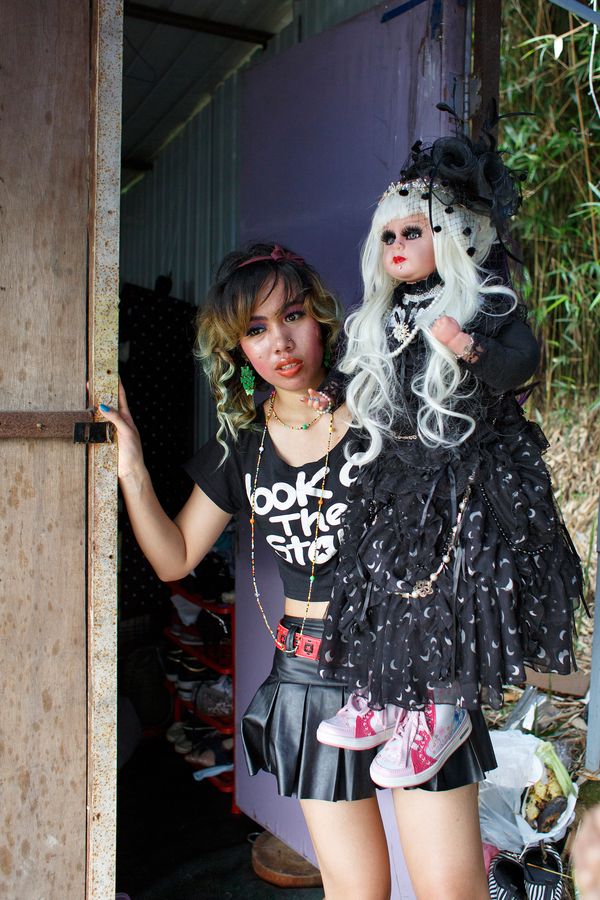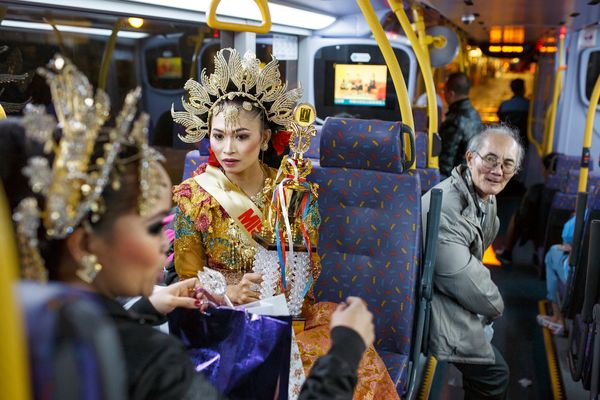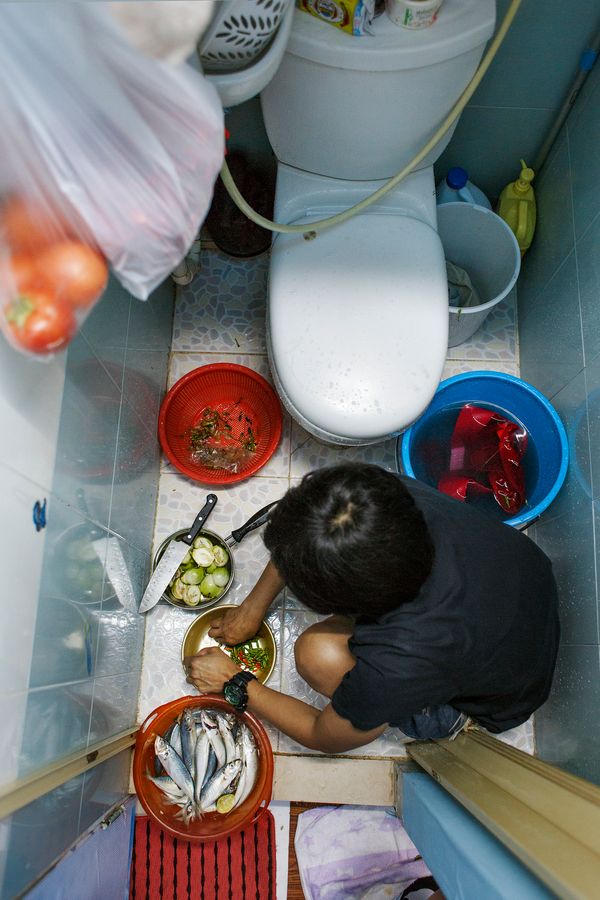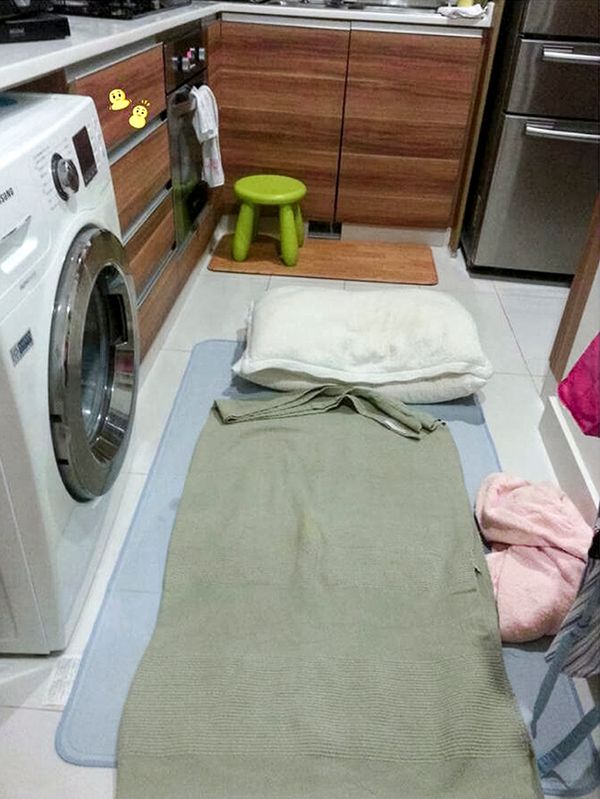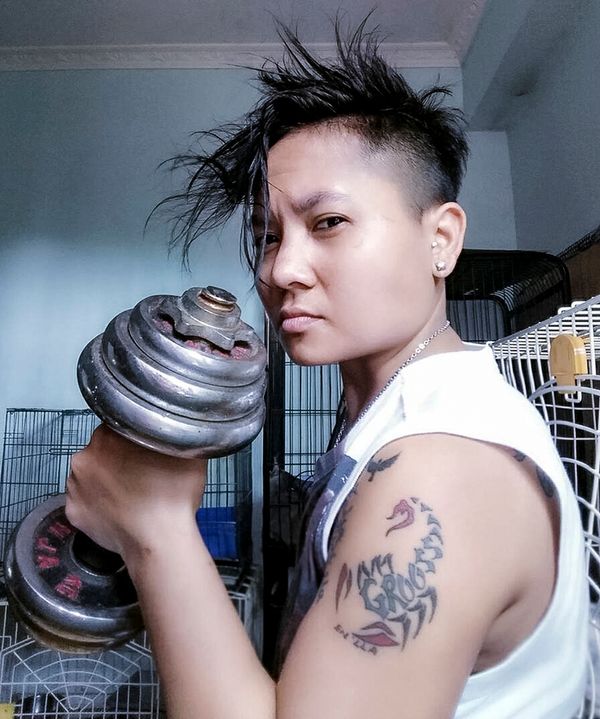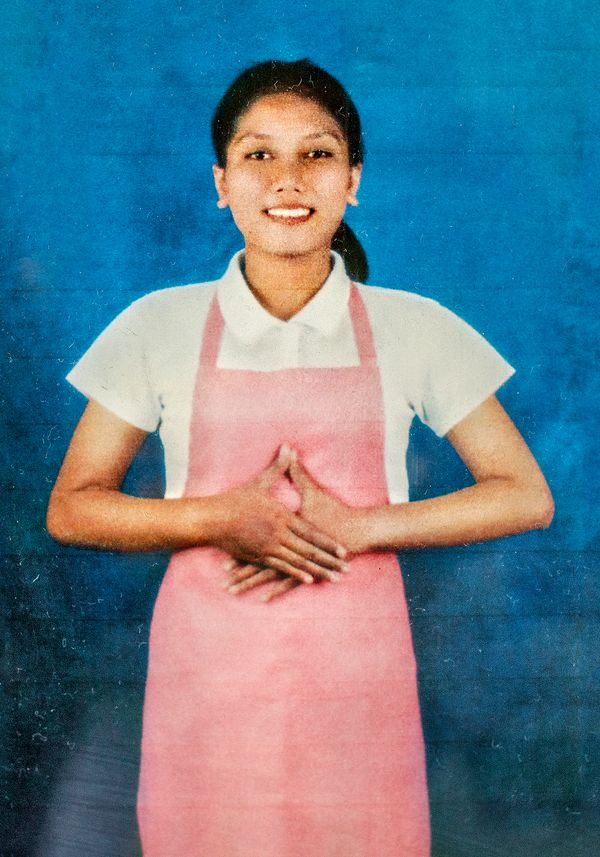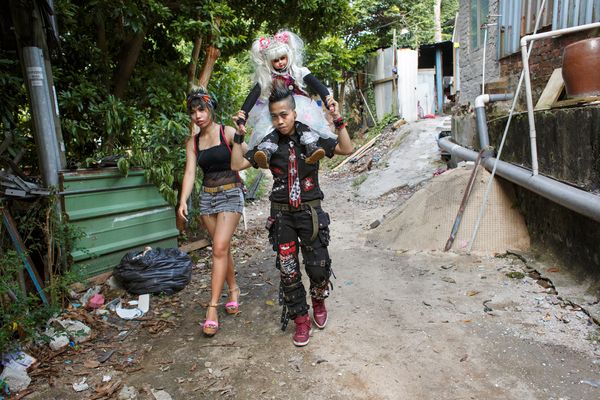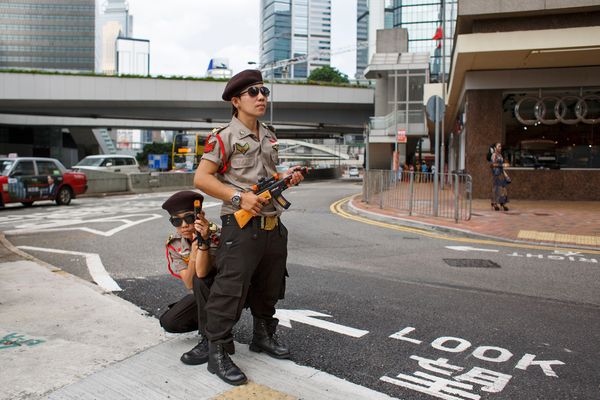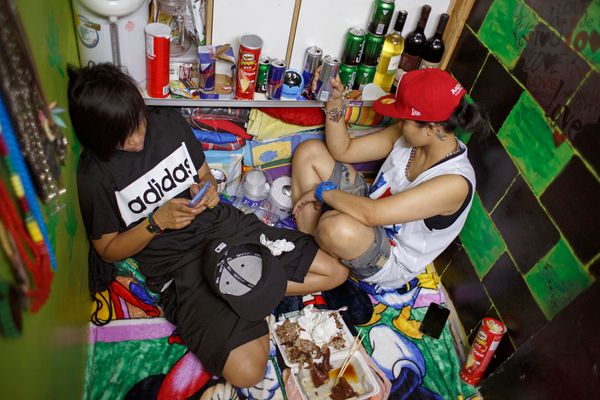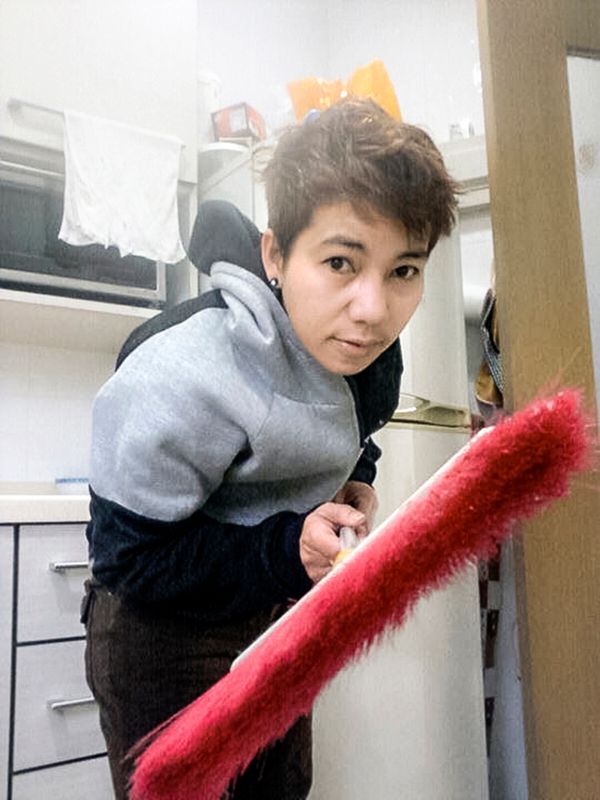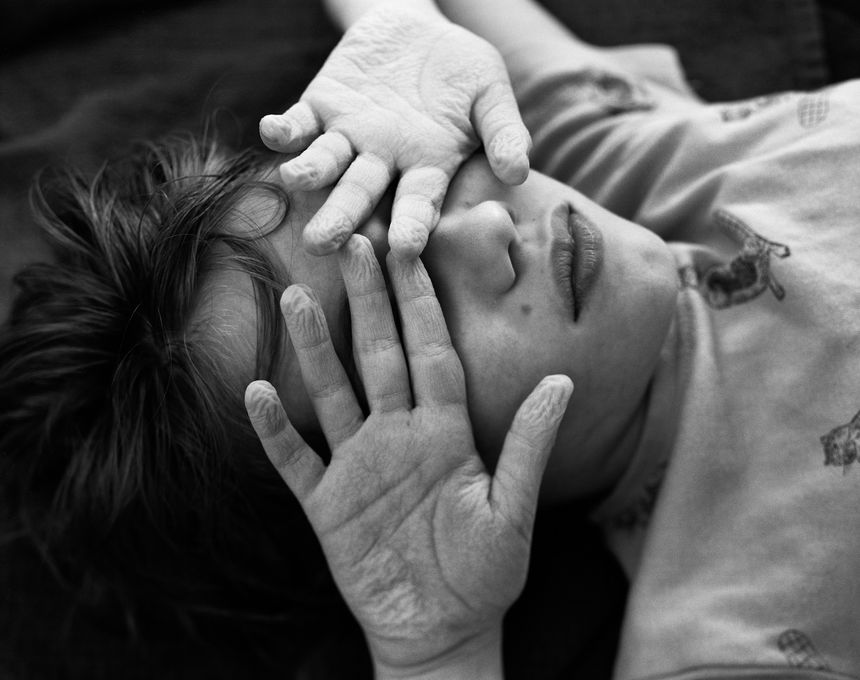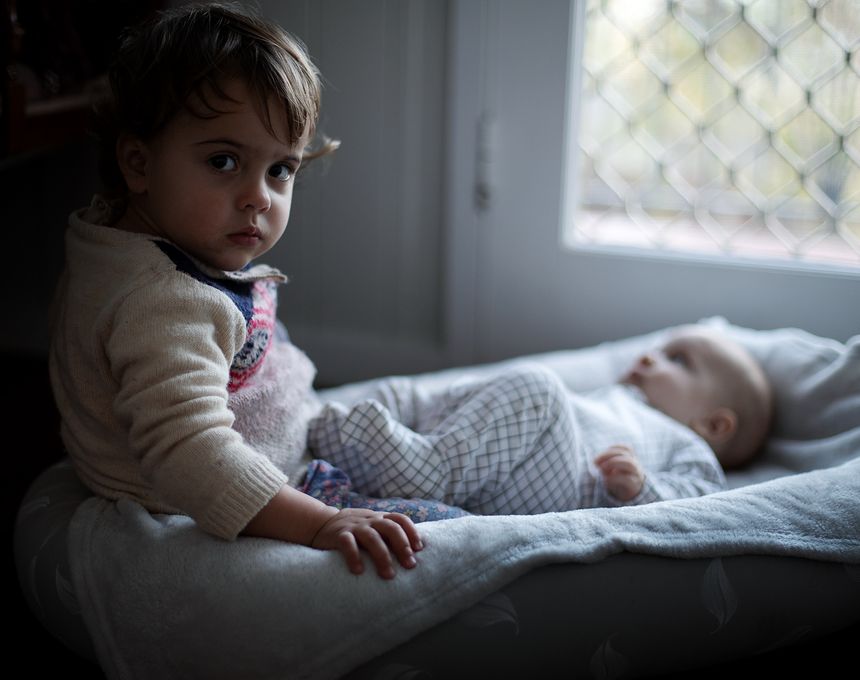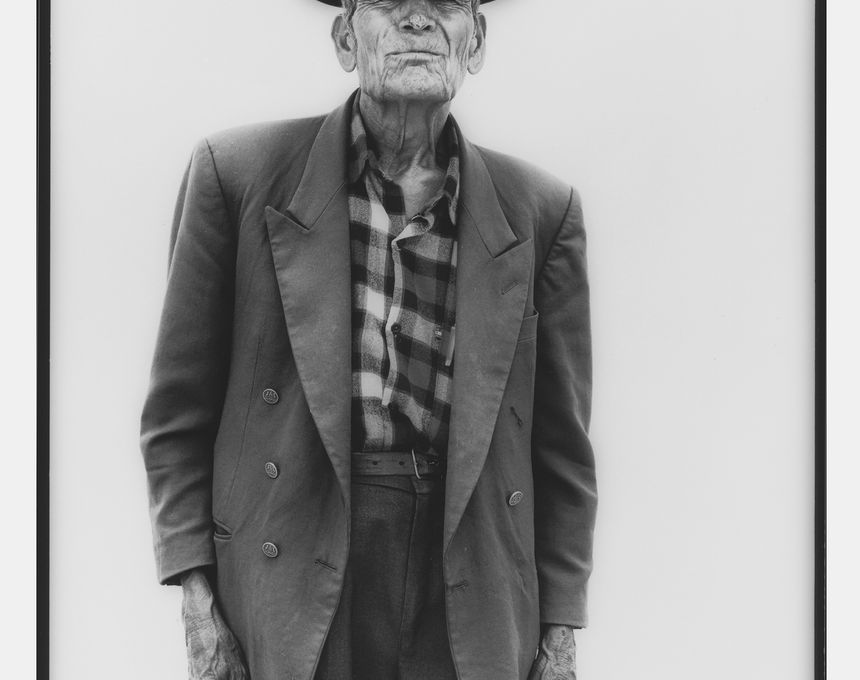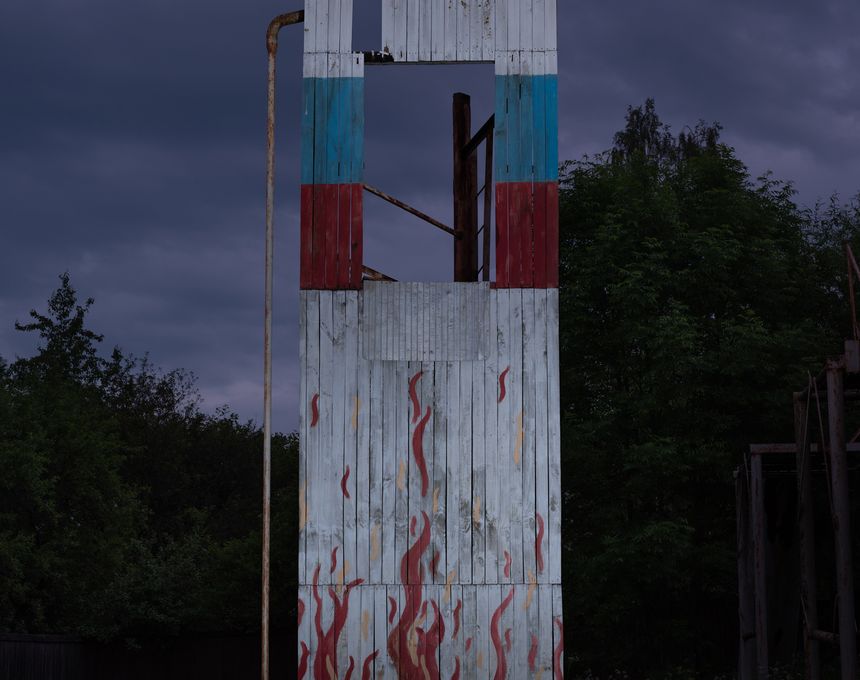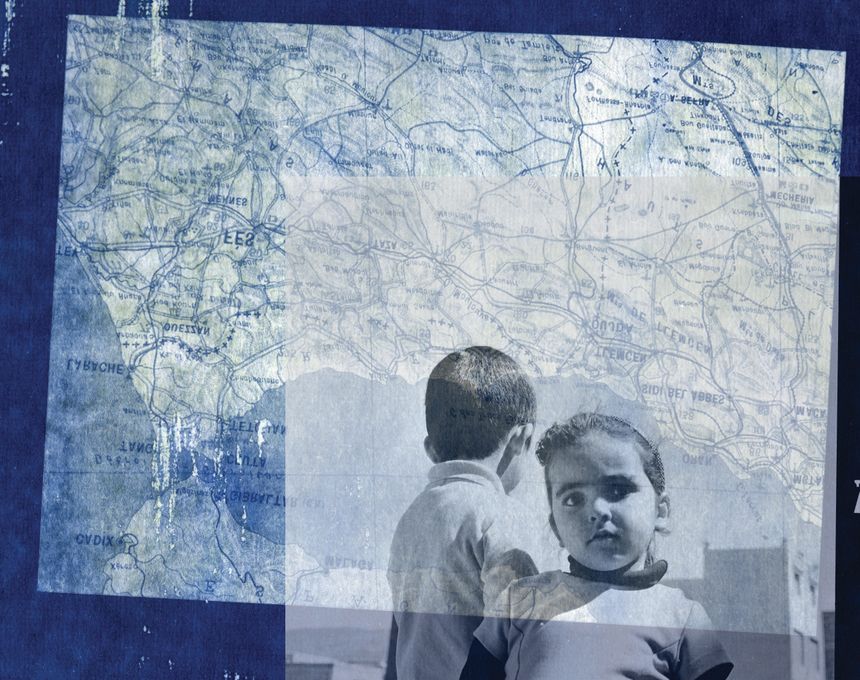Apples for Sale
-
Dates2016 - Ongoing
-
Author
- Locations Hong Kong, Berlin
"Apples for Sale is a photographic study of the daily life of Indonesian domestic workers in Hong Kong. With little to no leisure time or personal space, these labour migrants construct a parallel identity using social media channels. Far from home and in a completely female subculture, the women develop an ambiguous sexual identity. Sampson portrays this population in a layered multi-media narrative, consisting of documentary photography, social media footage, and text.
Over 300,000 foreign domestic workers work and live in Hong Kong. The large majority is from Indonesia and the Philippines. These women usually work twelve hours a day, six days a week, under appalling terms of employment. Although they are officially entitled to one day off a week, this law is often not observed in practice. Sleeping on a matrass next to the laundry machine, in the kitchen or under the stairs, these women frequently lack private space to spend their scarce leisure time. While on a visit to Hong Kong, Sampson observed how hundreds of labour migrants – homeless for one day – spent their Sundays in the parks and public spaces of the city. The photographer spent many Sundays with them and gradually got to know them. She found herself at beauty contests, night clubs, staged weddings and lavishly decorated rental containers, where the lucky few who can afford it act out their one-day existence.
Due to the lack of personal space, and trapped in the rigid corset of their daily housekeeping duties, many women seek solace on social media, where they maintain extensively elaborated alter egos. For these women, photographs offer a powerful (and often the only) means of preserving a certain measure of autonomy. The mutual quest for intimacy and (sexual) identity is largely expressed online in the form of photographs and videos, shared on social media. Sampson collected selfies of domestic workers dressed up as comic book heroes or pop stars, as well as private videos of their daily work environment and photos of their improvised sleeping spaces. It is a world characterised by gender fluidity and a distinctly lesbian ‘sub-culture’, which the photographer attributes to the impossibility of maintaining a heterosexual relationship or family life in an exclusively female community. Sampson documented make-believe dream weddings between domestic workers – the one dressed up as princess bride, the other as the groom – and portrayed ‘families’ consisting of young girls and tomboys who lovingly tend to their dolls, as if they were their children.
The portraits made by Sampson and by the domestic workers themselves form a sharp contrast with the exemplary passport photos attached to their application forms, which Sampson was able to obtain by pretending to be a potential employer. These documents – for which the women pay steep fees to private brokers – reveal gross deficiencies in the local labour law. The artist juxtaposed the photographs provided by the agency – obediently smiling ladies wearing an apron with the text ‘Apples for Sale’ – with the images posted by these workers on social media. The discrepancy between the constructed typology of the model housekeeper, and images of their desperate attempts to escape from their dreary everyday life, begs the question which of the two images is furthest removed from reality." Hinde Haest, Foam Museum
